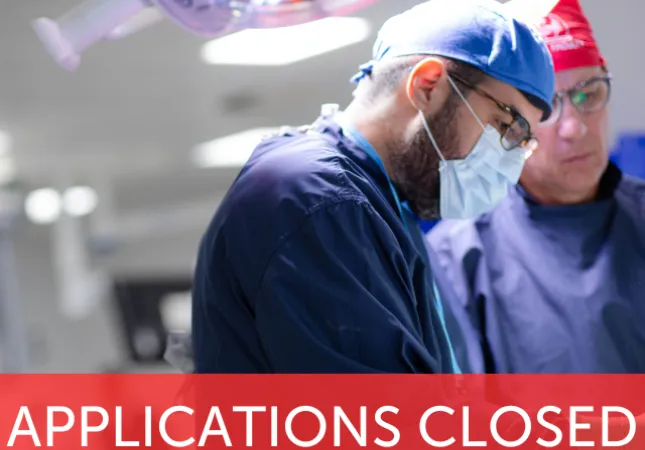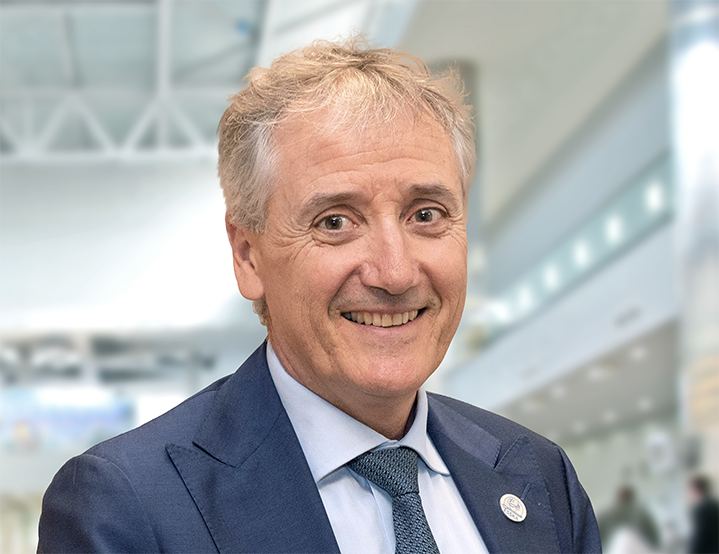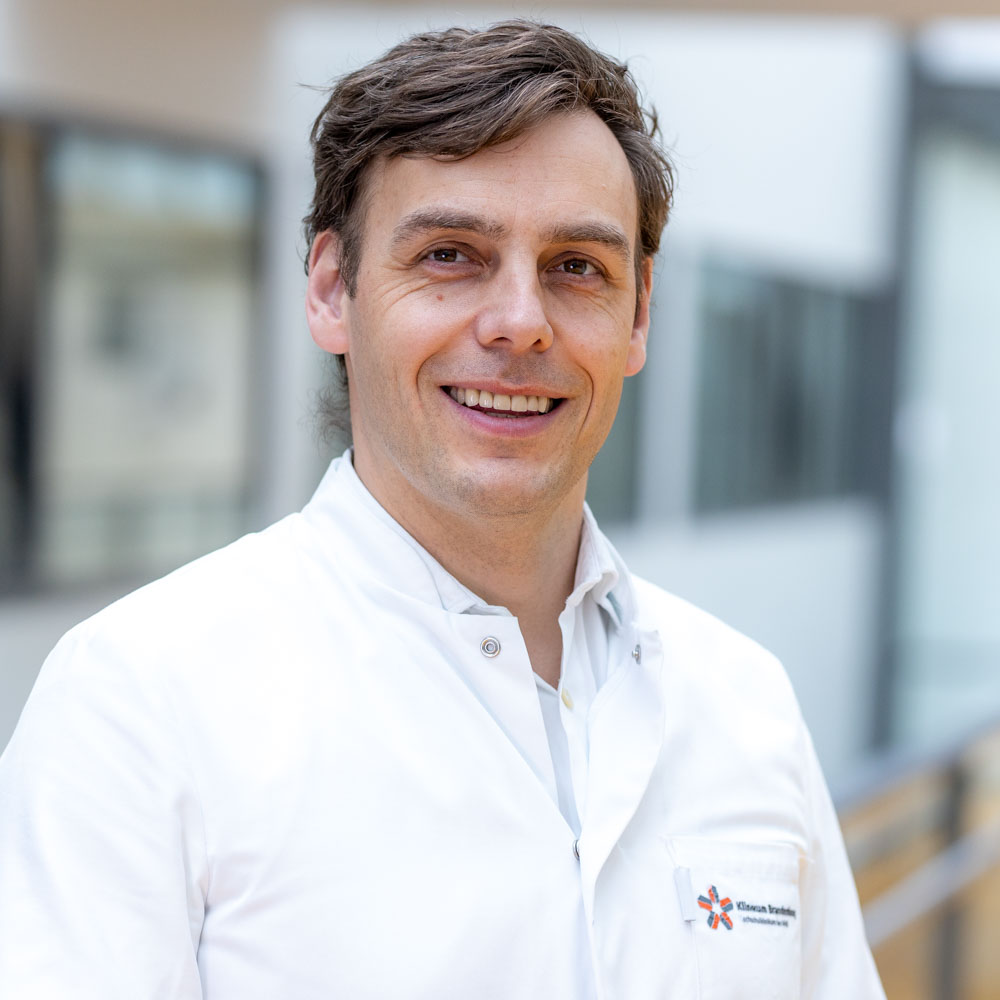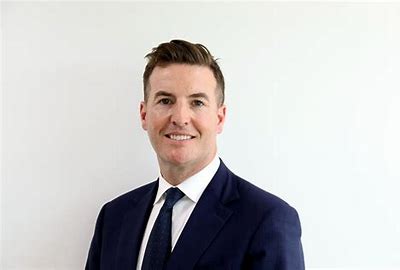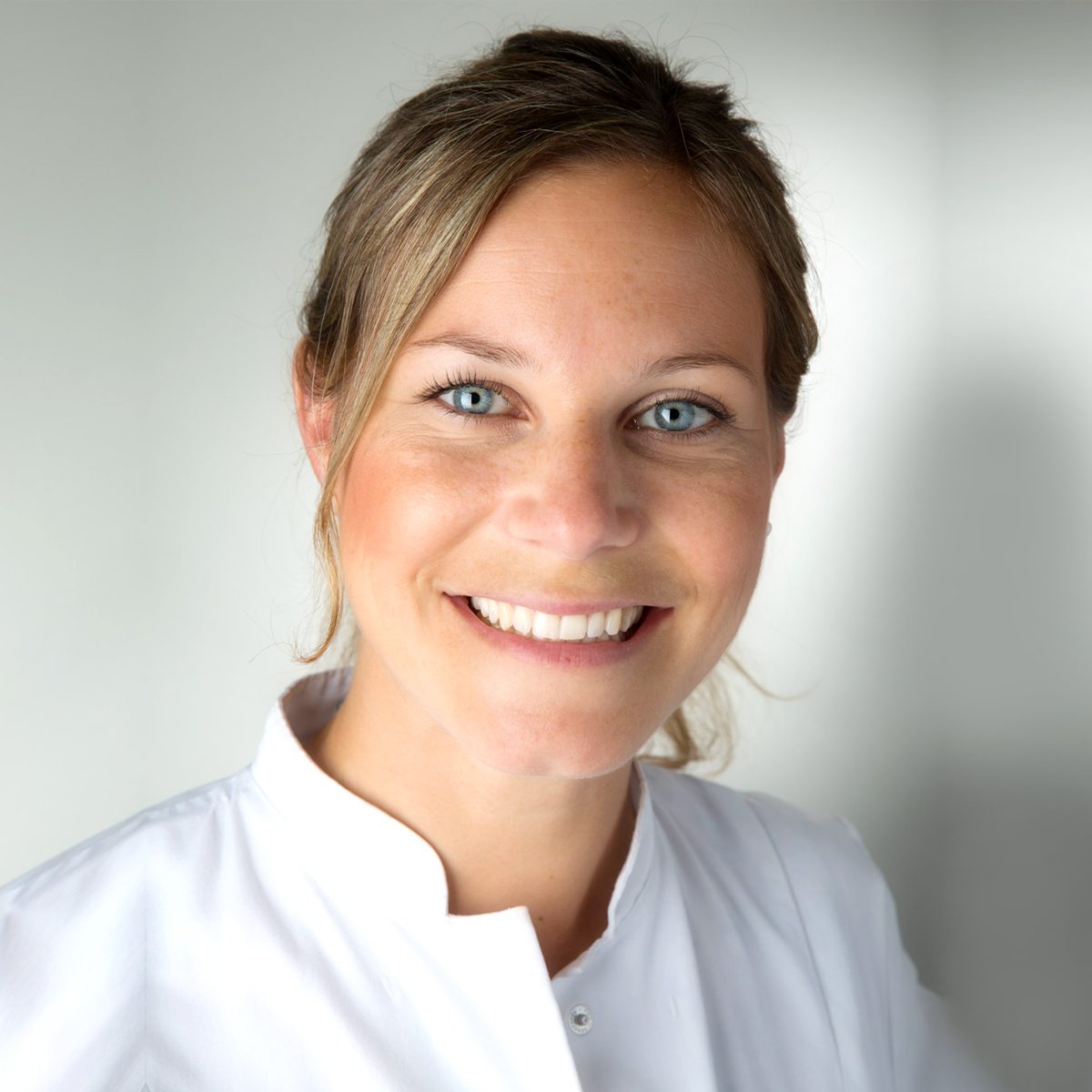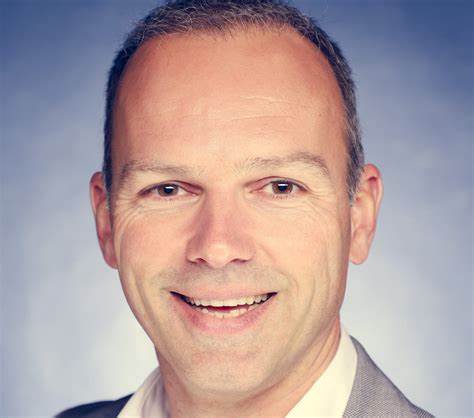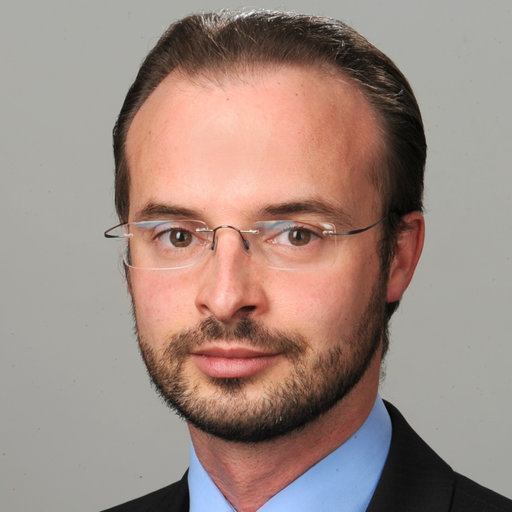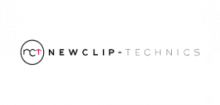Part 1 is the theory learning and assessment stage.
To help with this, there are 2 Preparatory Reading tiles, each contains 15 articles. There is also the Preparatory Videos tile, containing 12 surgical technique videos, which you can view in your browser. You should try to read or view all materials as they formed the basis for the multiple-choice questions used in the assessment.
Assessment attempts are time locked, they will only be open during specific assessment windows.
- The first attempt window will be from 17 - 30 March 2025.
- The second attempt window will be from 31 March - 6 April 2025.
- The third and final attempt window will be from 7 - 13 April 2025.
Everyone will get a maximum of 3 attempts at the exam. Each attempt must be completed within the specific attempt window (so if you take and fail attempt 1, you must wait for the attempt 2 window to open).
It will be a 50 question, multiple choice format, you will have 60 minutes to complete the exam.
You need to take the exam in one sitting, so please ensure you will not be disturbed for 60 minutes. You will not be able to pause the exam, flag any questions, or go back to any questions. You also cannot save your progress.
As mentioned above, the questions have been prepared from the preparatory materials section, but, we encourage you to browse the ESSKA Academy website for any additional resources you might find helpful, and to draw upon Meniscus science and your own surgical experience.
The pass grade for the exam is 74%.
If you do not achieve 74% in attempt 1, then you can try again with attempt 2, then attempt 3 if you need it. If you are unable to pass any of the attempts then you will be allowed to continue with the module, but you will not receive the ESSKA certification at the end of it.
If you miss an attempt window, you cannot get that back, it is marked as a 0%.
Part 2 is the in-person Surgical Skills Assessment event. This will take place at the Arthrex ArthroLab in Munich, Germany, on 24-25 April 2025.
You will be expected to bring a case study with you for discussion with your peers and the faculty members.
Part 3 is the reflective practice component.
For this part it is required that participants produce a video of a Meniscus case (8 to 10 min length) including:
- Pre-op clinical examination, X-rays, MRI figures e.t.c.
- Demonstration of basic surgical steps of the procedure performed by the participants
- Post-op clinical examination and post-op imaging (X-rays)
You may produce a supporting presentation or PDF to accompany your video.
It is vital that participants gain permission from patients for their case studies, this needs to be evidenced in the presentation. All patient data needs to be anonymized. Any video commentary needs to be in English.
In this step, it is important for participants to display reflective practice, including the techniques and theory they have covered during the module so far, therefore it is expected that the case studies/videos are new, as opposed to older cases you may have recorded in the past.
You must submit your case study via WeTransfer link to Academy@esska.org by 25 September 2025. It will then be assessed by the faculty and you will be informed of your passing grade once all results are ratified.
